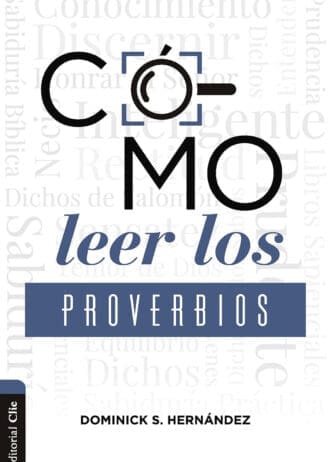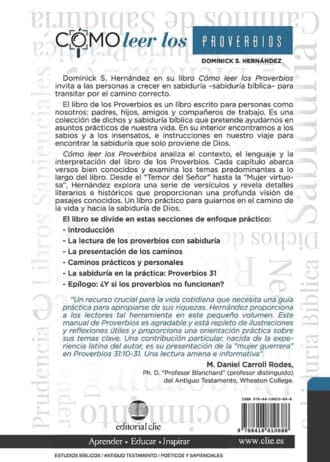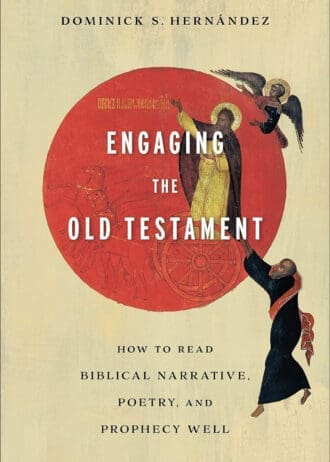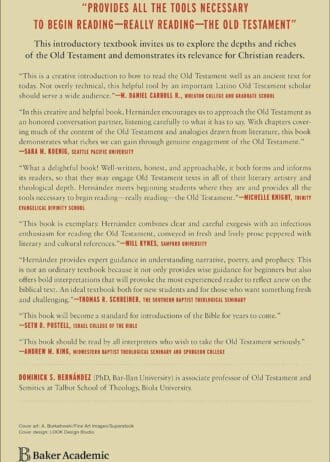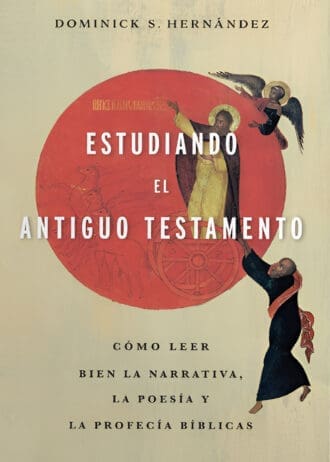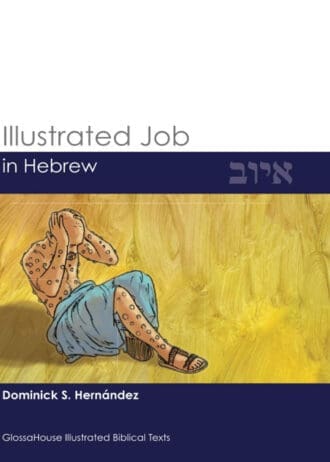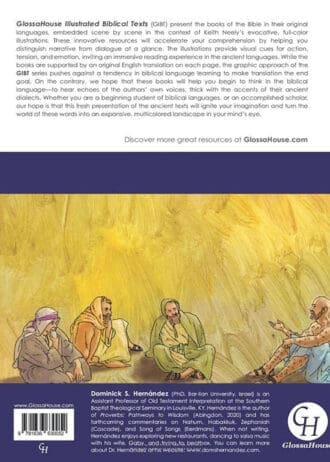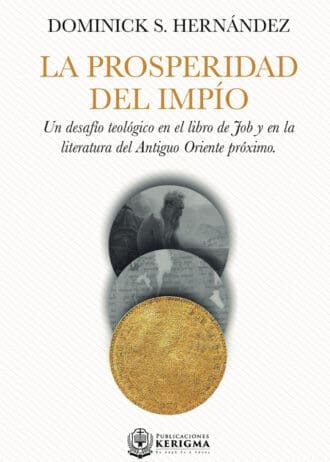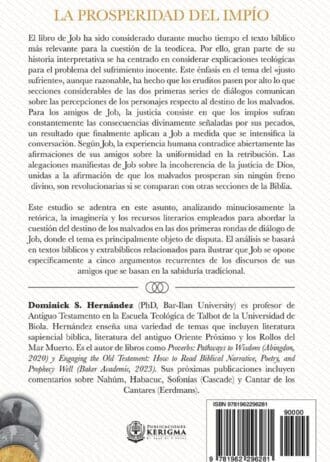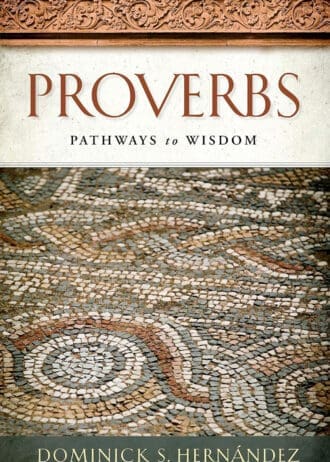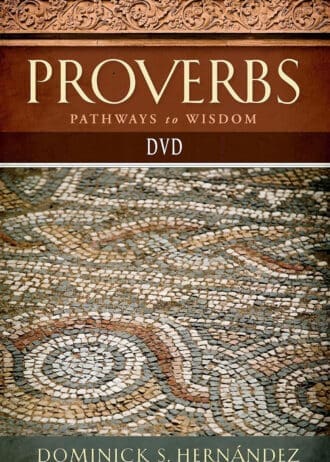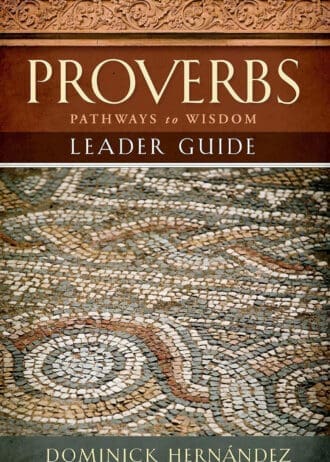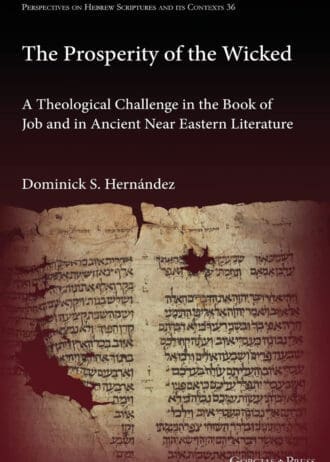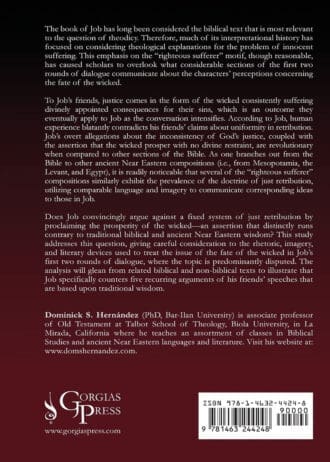Cómo leer los Proverbios (Spanish Edition)
A practical book to guide us on the path of life and toward the wisdom of God. Dominick S. Hernandez in his book of Proverbs invites people to grow in wisdom—biblical wisdom—to walk the right path. The book of Proverbs is a book written for people like us: parents, children, friends, and coworker. It is a collection of sayings and biblical wisdom intended to help us with the practical matters of our lives. Inside we find the wise and the foolish, and instructions for the journey to find the wisdom that only comes from God. How to Read Proverbs explores the context, language, and interpretation of the book of Proverbs. Each chapter covers well-known verses and examines the predominant themes throughout the book. From the fear of the Lord to the woman of valor in Proverbs 31, Hernandez explores a range of verses and reveals literary and historical details that provide deep insight into well-known passages.

